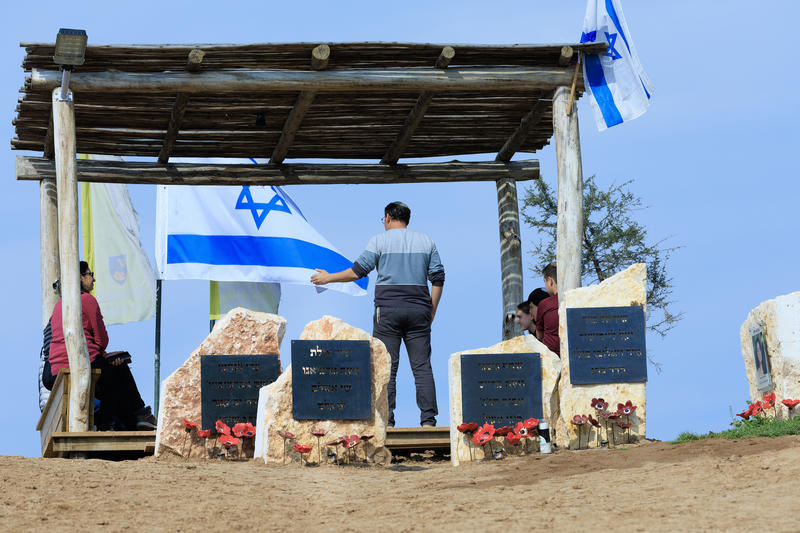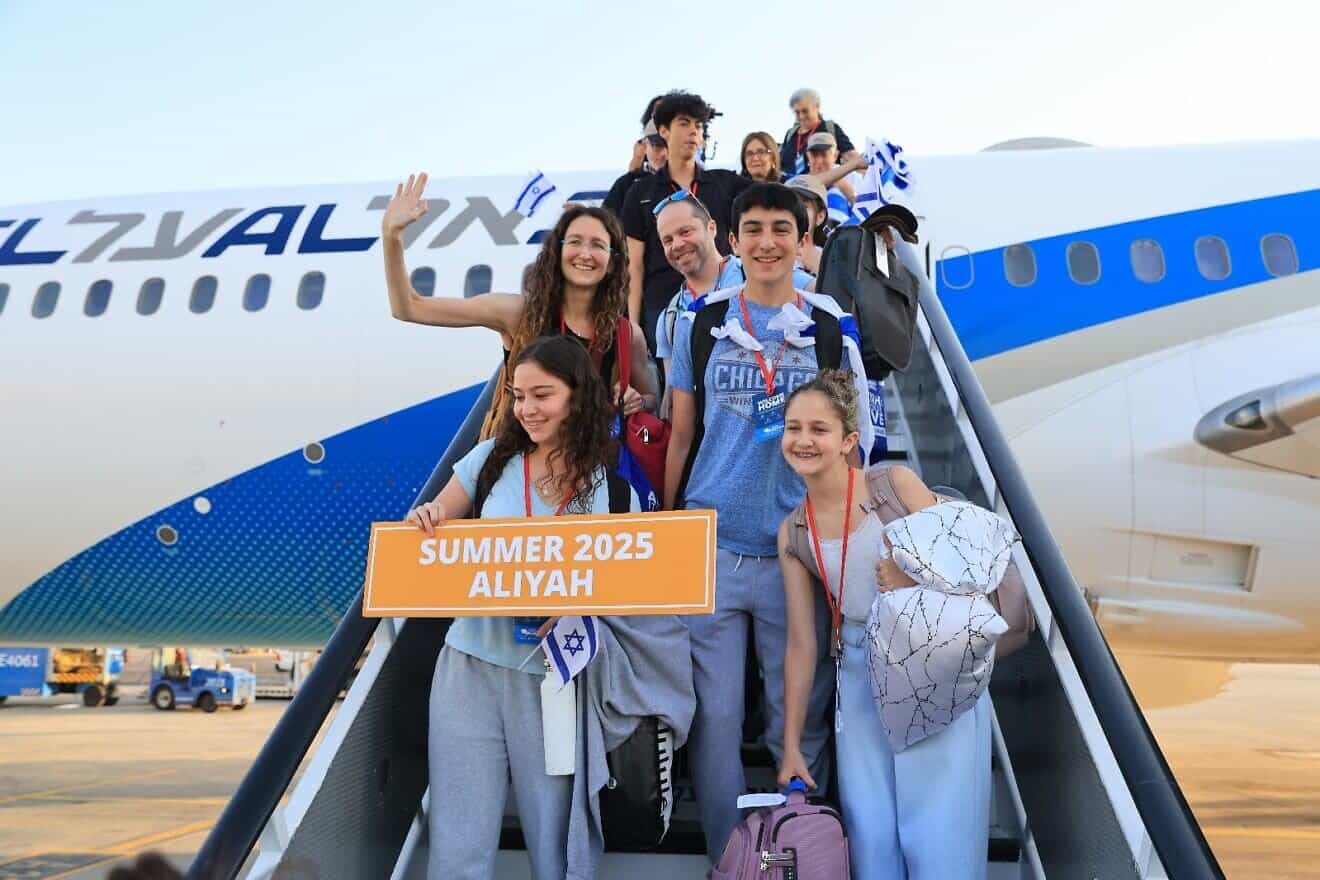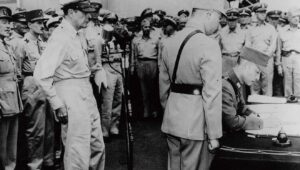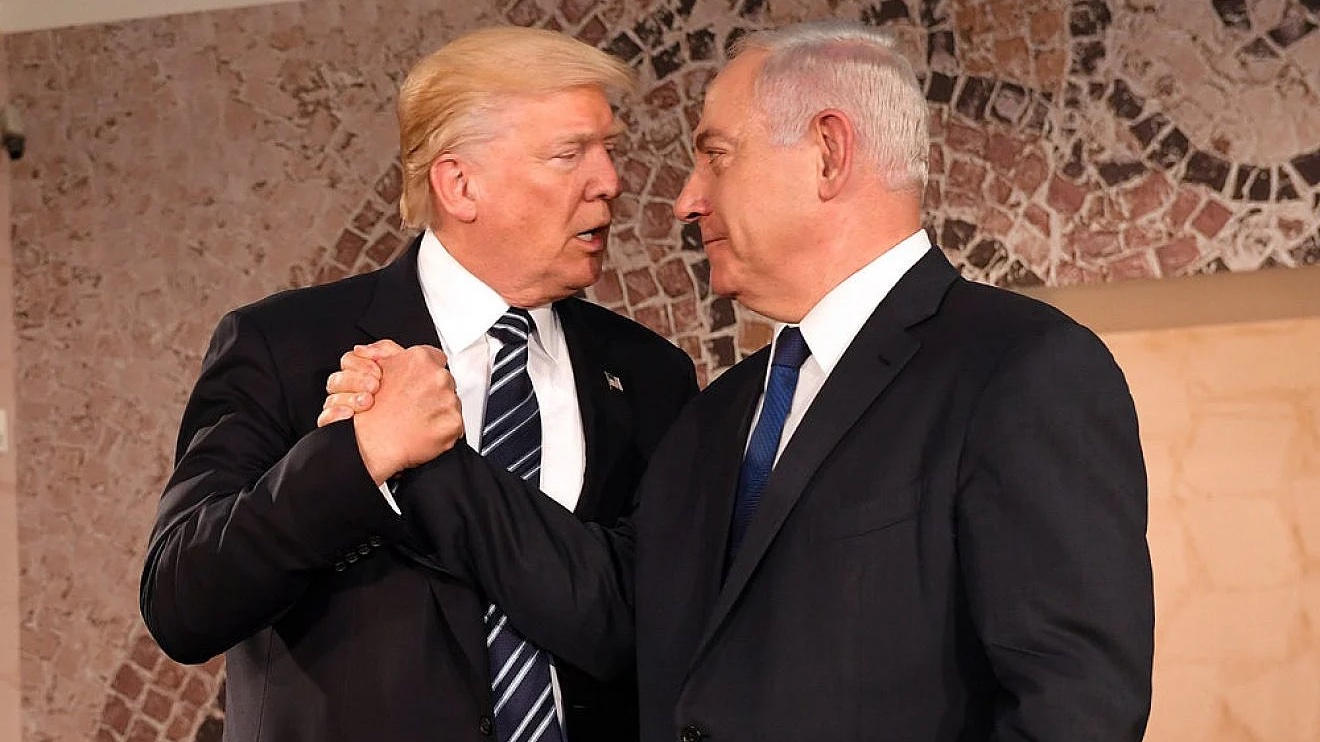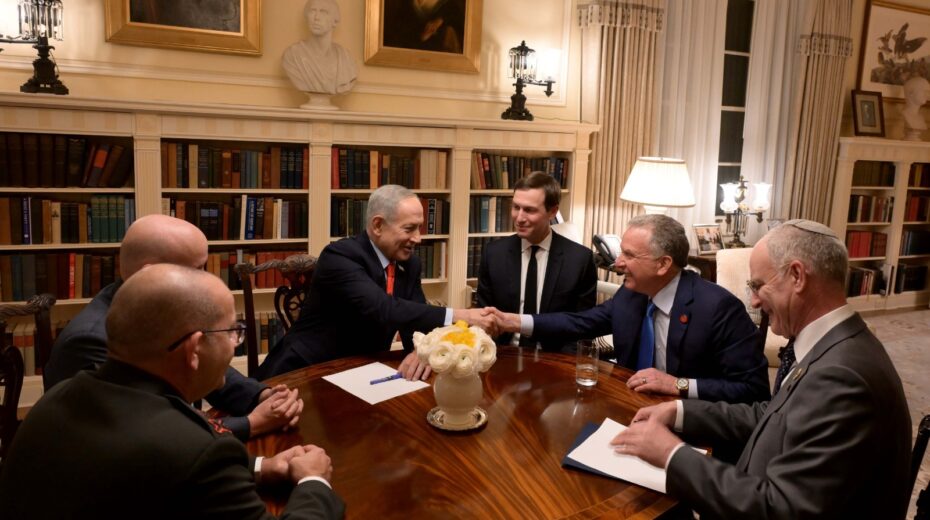(JNS) On a visit to Israel last week, Sebastian Gorka, deputy assistant to the US president and senior director for counterterrorism at the National Security Council, told senior Israeli military and intelligence officials what he thought went wrong on Oct. 7.
“I think too many influential people in uniform, too many influential people in suits, misdiagnosed the nature of Hamas,” Gorka told JNS.
Israeli officials decided that Hamas isn’t like Palestinian Islamic Jihad or Hezbollah and that it is a political group that required a political resolution. They figured “there is a deal to be made with Hamas,” Gorka said. “They were wrong.”
Israel and the United States are “very good at killing terrorists,” but “if the group has a powerful ideology that allows them to recruit six replacements for the one jihadi you killed, it’s just a perpetual machine,” Gorka told JNS.
The assistant to the US president spoke with JNS from Israel, which he visited for the first time since Oct. 7, where he participated in bilateral counterterrorism negotiations with the Israeli government that spanned three days.
The talks, which Gorka said were classified, centered on “how to beat global jihad, how to defeat Hamas, how to bring back all of our hostages, Americans and Israelis and the continued threat of Iran.” He said that he also toured Israel’s borders with Syria and Lebanon.
“It was a very moving moment to see the threat to Israel with your own eyes and not just on a map or reading an intelligence report,” Gorka told JNS.
He also spoke in Herzliya at the annual World Summit on Counter-Terrorism at Reichman University, at the invitation of his longtime friend Boaz Ganor, founder of the school’s International Institute for Counter-Terrorism.
“Thanks to the hardship of the last two years, Israel understands very well that the true center of gravity is the idea,” whether it’s “Nazis for the Third Reich, communism for the Soviet Union, Salafi jihadism for Hamas, al Qaeda, ISIS, Al Nusra, Hezbollah,” Gorka told JNS.
“Only when nobody wants to join those organizations, after their ideology has been attacked and delegitimized, will Israel be safe,” he said.
Gorka told JNS that he plans to draft a strategy with recommendations for US President Donald Trump about how to achieve that.
“In addition to doing very exquisite, kinetic strikes against the worst terrorist leaders, we must have a very aggressive counter-ideology campaign, information operations, influence warfare, especially in collaboration with our good Muslim and Arab friends,” he told JNS. “Whether it’s the Jordanians, the Emiratis, the Moroccans.”
JNS asked Gorka to what extent he is concerned that supporters of Hamas’s ideology will try to attack Jewish and Israeli targets in the United States. The Trump assistant didn’t go into detail. He cited efforts by Tom Homan, the US border czar, and by Stephen Miller, the White House deputy chief of staff for policy, and Kristi Noem, homeland security secretary.
Trump gave wide latitude early in his second term to those in charge of hunting terrorists, starting with an action to kill an ISIS leader in Somalia, according to Gorka.
“The tier one operators, the intelligence community, the Department of War, were begging” to act quickly, he said. Trump’s directive meant that they didn’t have to ask the president or national security advisor, Gorka said.
“If you are a combatant commander and you see a leading jihadi, you can make the decision to kill them,” he told JNS. “As a result of that, since Jan. 20, we have neutralized almost 400 significant jihadis.” (That number doesn’t include Houthi terrorists in Yemen.)
‘Show us what you can do’
The White House is happy with the ways that Israel has redrawn the Middle East map over the last year, including largely ousting Iran from Syria, according to Gorka.
“The president and everybody in the National Security Council live in the real world, and we know that this will not be easy,” he said. That’s particularly true in Syria, which has been changing rapidly.
“We have constituent elements who have suffered, who have been massacred. The Christians with the church bombing, the Alawites, the Latakia, the Druze, as well,” Gorka said. “We know that Syria will not function, will not move beyond the lifting of sanctions, until every constituent confessional community is safe and there are no more massacres.”
Washington is leaning on partners like Israel, Turkey and Saudi Arabia to influence the Syrian government positively, according to Gorka. Trump’s message to Damascus is that “you have been given the greatest opportunity of your lifetime,” he said. “It is now time to show us what you can do.”
There are also more subtle expenditures of political capital that can pay dividends, such as an executive order Trump signed weeks ago, creating a new sanctions category for state sponsors of wrongly detained people based on the same foundation as state terror sponsors.
Days after Trump signed the executive order, an Iran-backed militia in Iraq released Israeli-Russian captive Elizabeth Tsurkov, a Princeton University doctoral student. Under the executive order, Iraq would have been held responsible for her detention.
Gorka told JNS that there was a direct line from the order and the pressure it applied to the Iraqi government and Tsurkov’s release.
Tsurkov was released “thanks to the incredible work of our envoys, but most especially because of that press conference from the Oval with President Trump, where he just told the world, you have been warned,” he said.
Gorka added that 72 hostages and wrongfully detained people with American ties have been released since Trump resumed office in January.
Want more news from Israel?
Click Here to sign up for our FREE daily email updates


